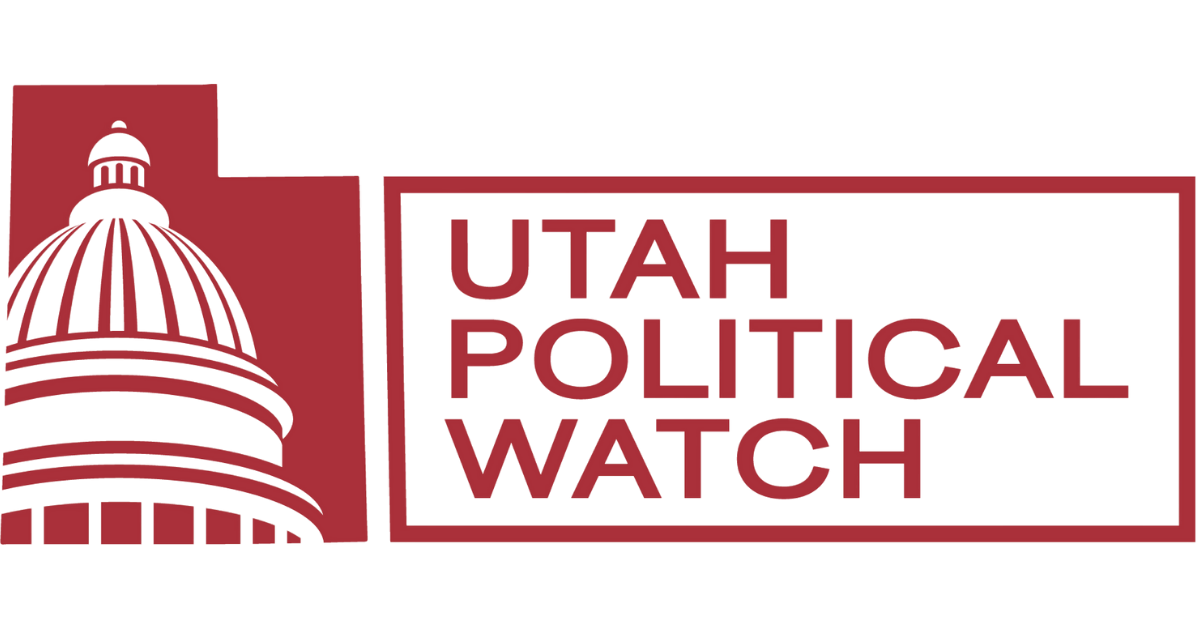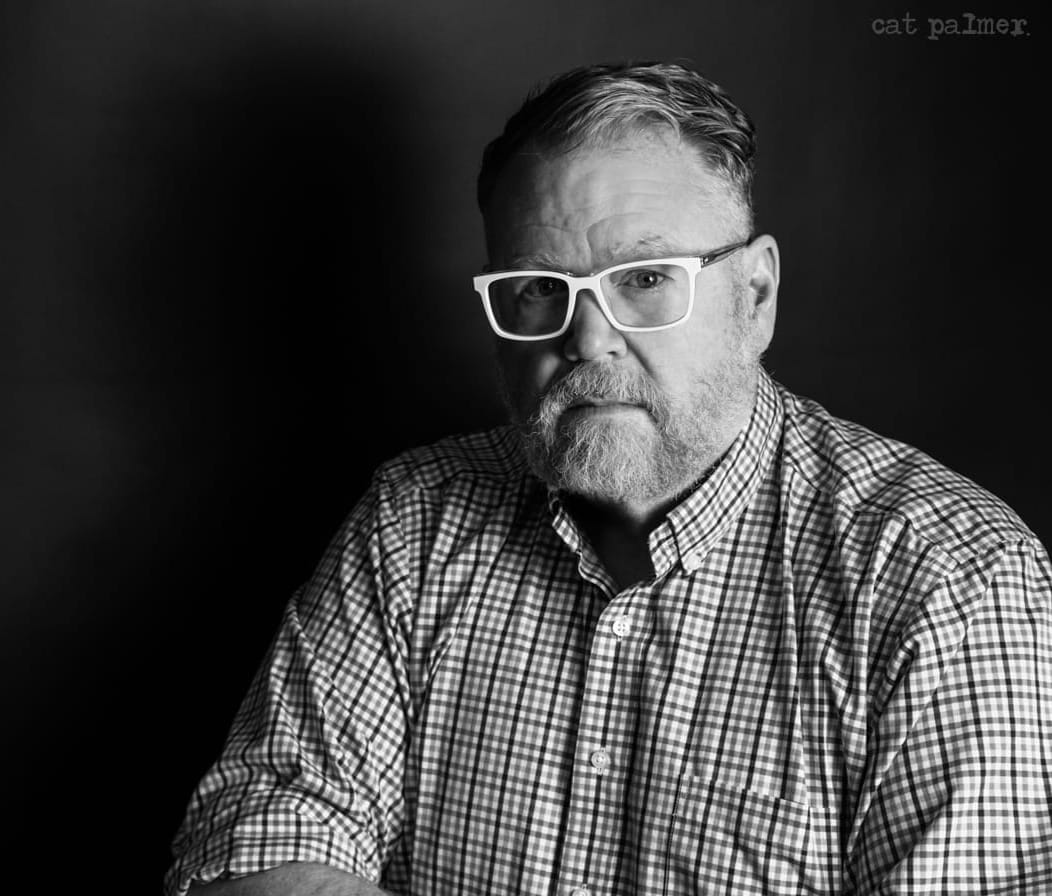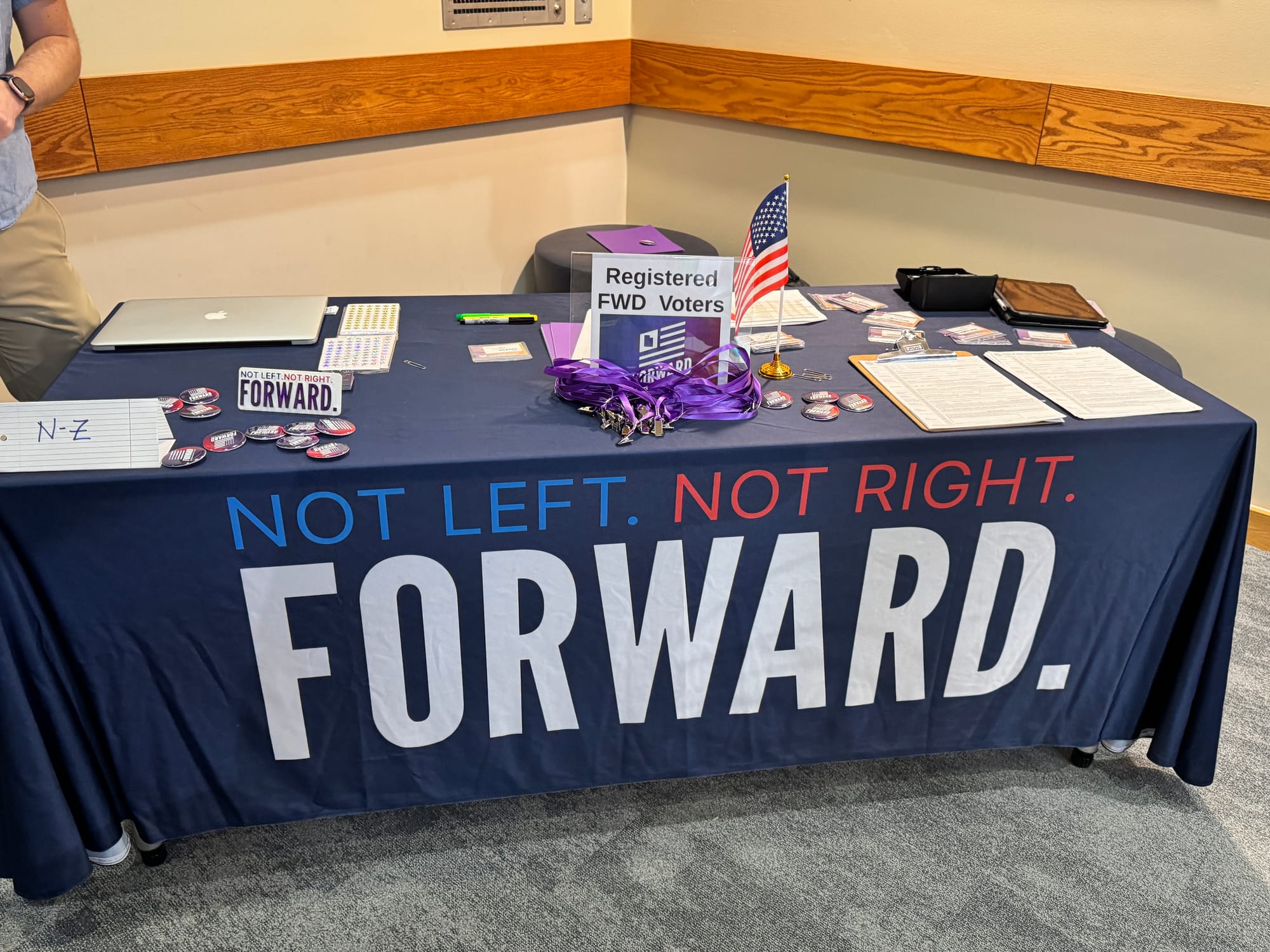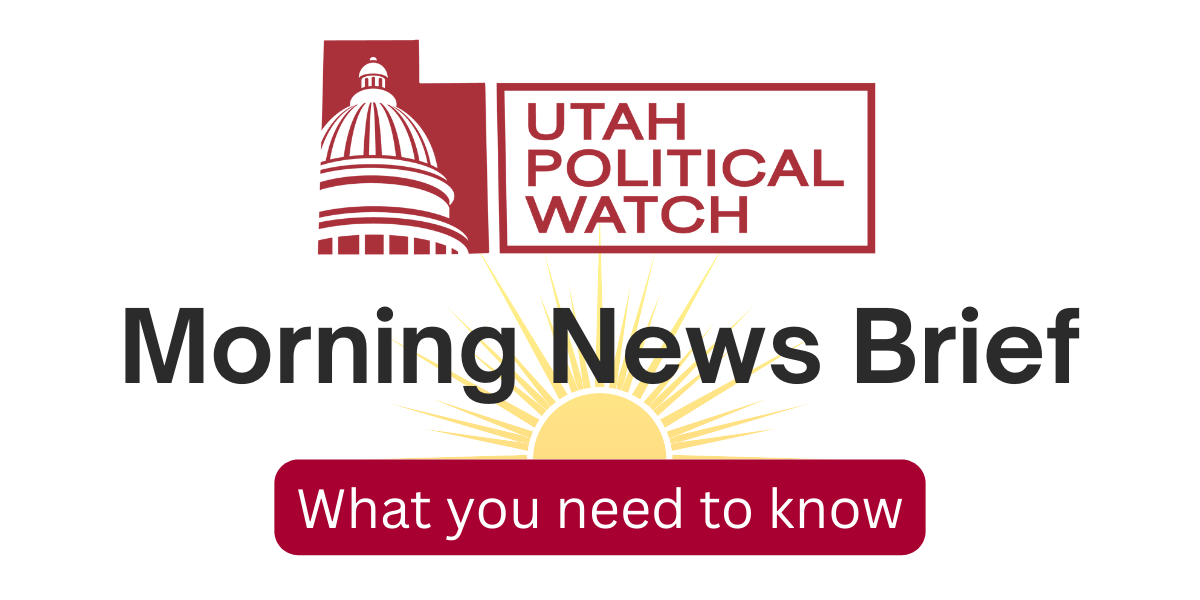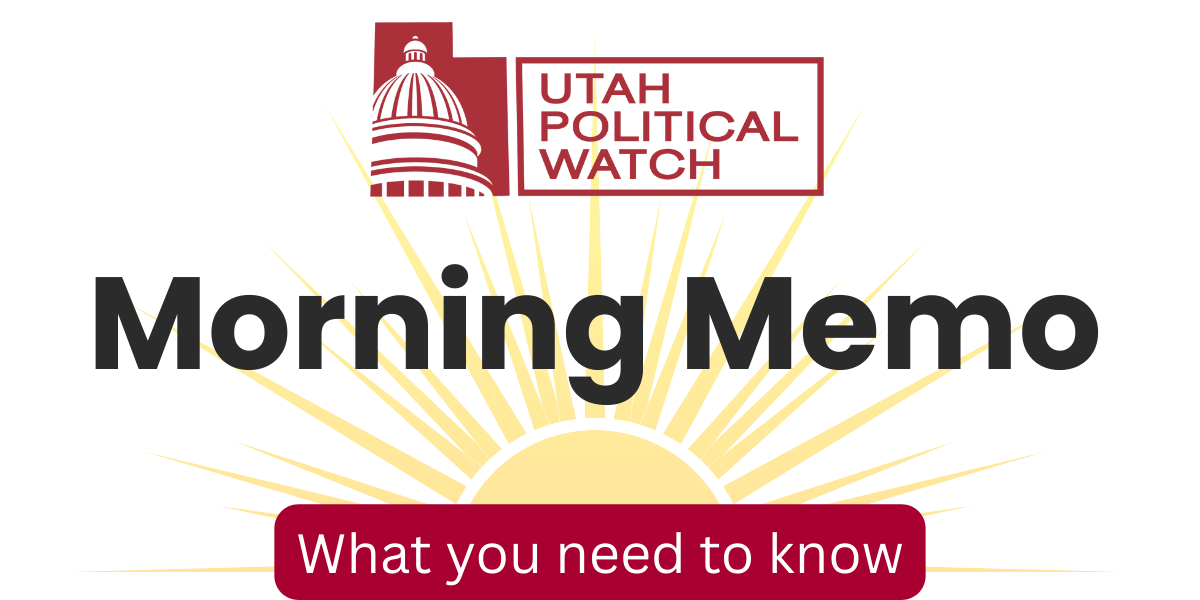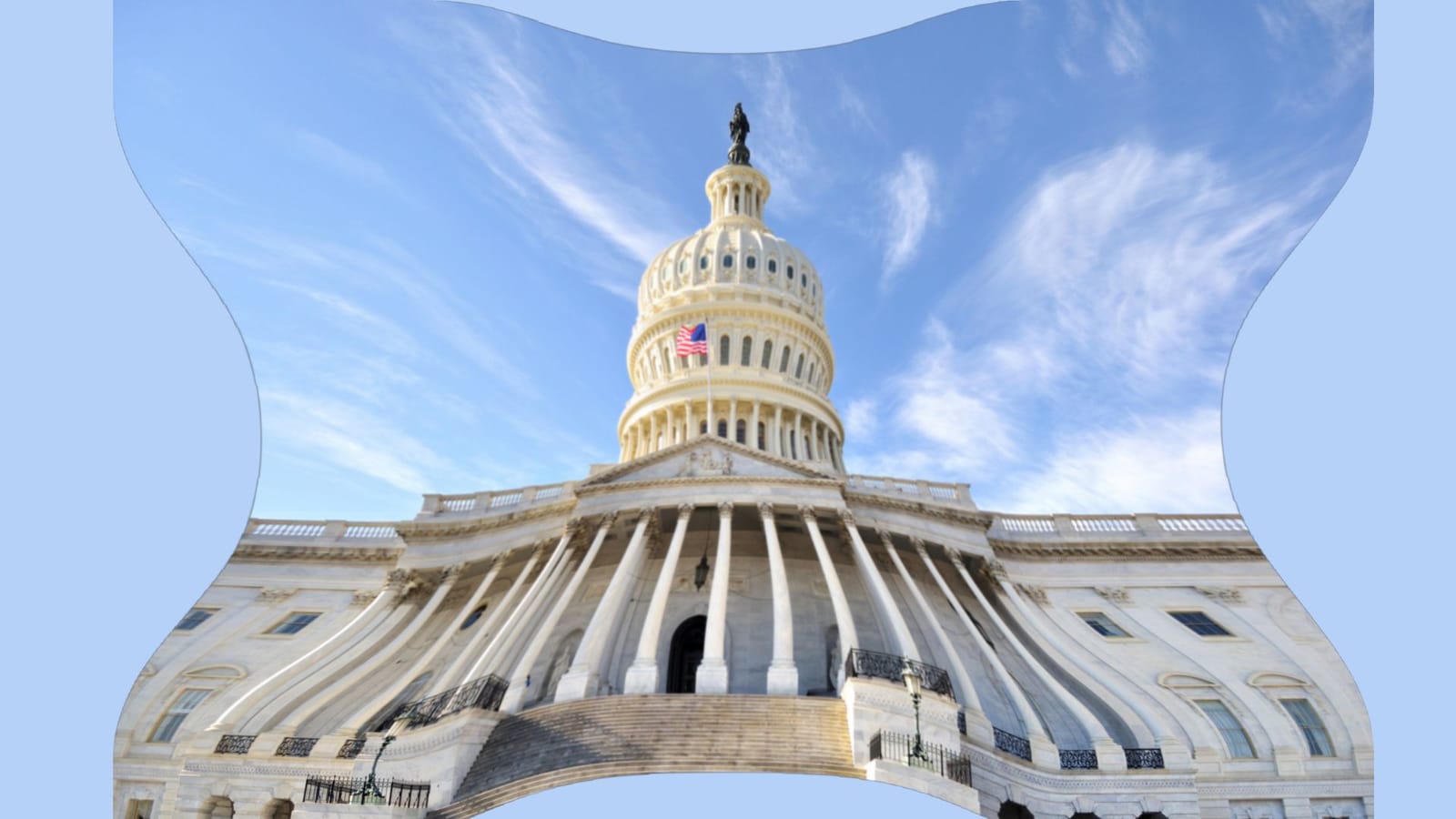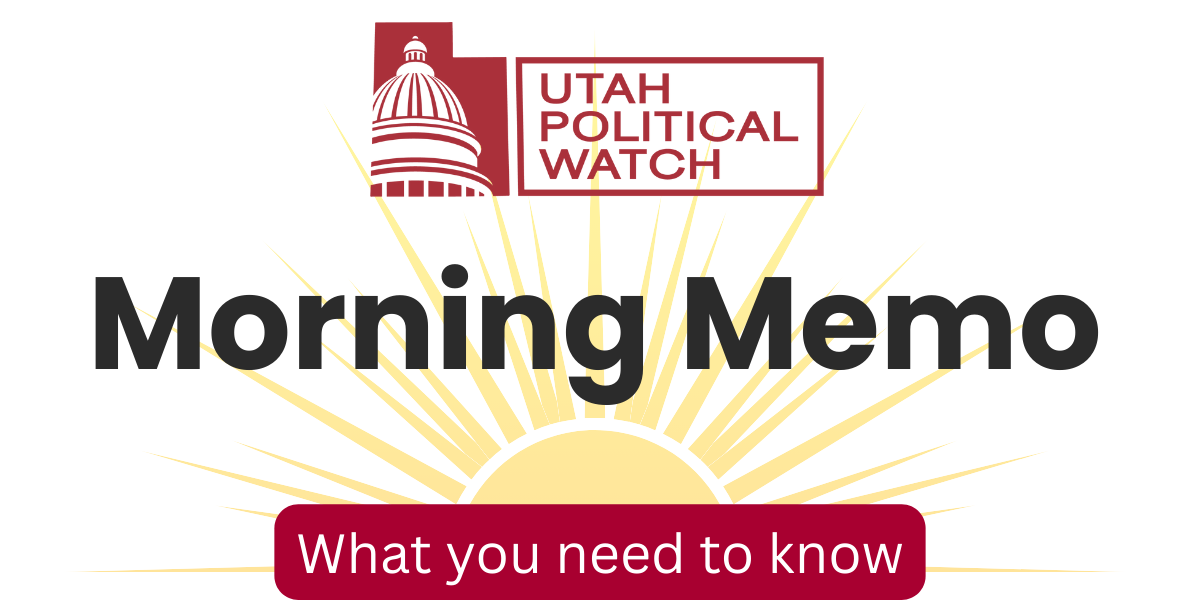About 250 Utahns gathered at Salt Lake Community College on Saturday to bear witness to the end of one political party and the birth of a new one.
The United Utah Party (UUP), which has been on the periphery of the Utah political landscape since its founding in 2017, voted to dissolve its eight-year existence and merge with the emerging Utah Forward Party.
Will it matter?
With just over 2,200 voters registered as members, the UUP’s impact has been modest during its eight-year run. They’ve managed to field candidates in a number of high-profile races, but the best showing by any of them was Brian Fabbi’s second place finish in the state auditor race — but there was no Democrat in the contest.
The Utah Forward Party is even smaller, with just over 200 registered members. Although, they’ve only been around since 2024.
This merger brings both parties under the umbrella of the national Forward Party, launched in 2022 by former Democratic presidential candidate Andrew Yang.
The most high-profile party member is Sen. Daniel Thatcher, who dramatically left the GOP to join the Forward Party during the final day of the 2025 Legislature.
At Saturday's convention, Thatcher delivered a blistering critique of his former Republican colleagues.
“I believe the GOP has ceased to uphold the rule of law. Because they are no longer grounded in the Constitution, and because they’re not even following their own platform — which is why I joined them in the first place — they are no longer entitled to my support,” Thatcher said.
Thatcher's frustration echoed throughout Saturday’s convention, where a parade of former Republican leaders shared similar stories of disillusionment. Among them was Forward Party co-founder Christine Todd Whitman, the former Republican governor of New Jersey, who sees a critical opening for political change.
“You look at the number of districts that are one party, where voters don’t have choices. It has never served the public when all the incumbent has to do is worry about their base in the primaries. They don’t care about the rest of the people, and they don’t represent the rest of the people when they get in,” Whitman said.
The criticism of Utah’s dominant political party grew even sharper when Michelle Quist, the newly elected chair of the merged organization and former UUP candidate for Attorney General ripped Utah Republicans in charge of the government for ignoring citizens.
“Utahns want to stop spending money defending unconstitutional laws and losing in court. Utahns want their government to listen to them. This isn’t rocket science. This is ethical government,” Quist said.
“There are real problems Utahns are facing, but our leaders aren't listening because they're too busy trying to win their partisan blood sport.”
Unlike traditional political parties with rigid top-down structures, the Forward Party takes a different approach. Individual state and local parties decide which issues are most important to them - creating a grassroots-driven agenda, allowing the party to address regional priorities. Forward Party members in Arizona might focus on border and immigration issues, while party members in other states might prioritize different challenges.
Candidates who run under the FWD banner are required to sign a pledge "to support innovations that strengthen democracy and elevate the voice and will of the voters and make elections secure and easy to vote in for all eligible voters."
The newly merged party faces a familiar challenge — proving it can win elections rather than just split the vote.
“When people talk about spoilers, they’re mostly talking about national elections,” Whitman countered. “We’re offering a third choice. It’s not a spoiler choice. It’s a third choice. Don’t apologize for it. We’re giving people a choice.”
In Utah’s Republican-dominated political landscape, the numbers present a stark challenge. Registered Republicans outnumber Forward Party members more than 380 to 1. However, Whitman sees potential in Utah’s second-largest voting bloc: unaffiliated voters.
“I’ve said from the beginning, we’re a movement that evolved into a party. We're a movement of people who have said enough. We want to see these problems solved.”
Whitman says the goal is to secure ballot access for the party in all 50 states by the end of the year, with federal recognition by 2028.
